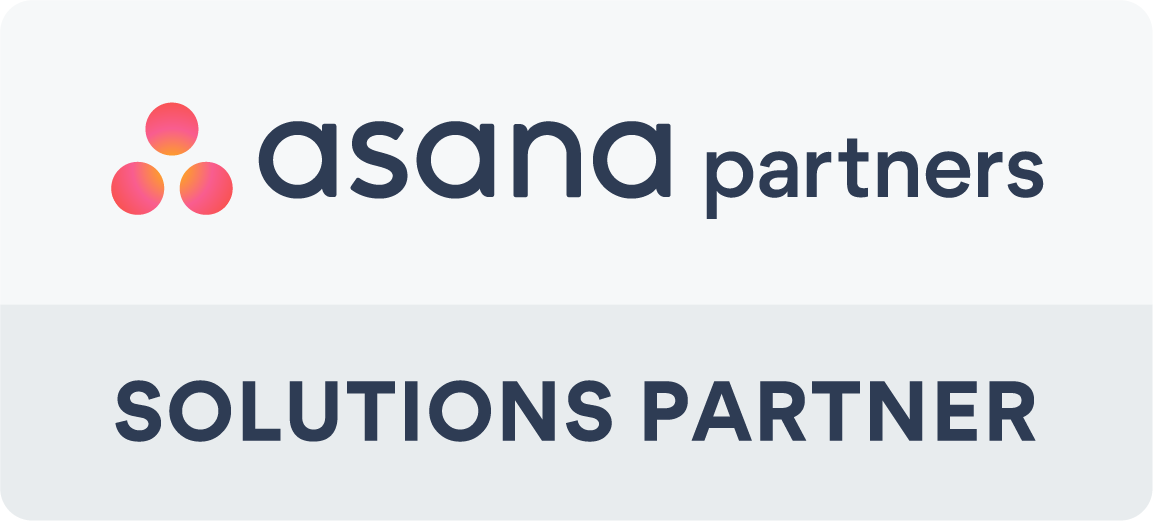🛑 STOP: Before reading this article, please be aware that Meta/Facebook Workplace is closing and will shortly migrate to Workvivo by Zoom. To find out more, please read our blog, Transition from Workplace to Workvivo: A Guide for Workplace Users
BONUS EBOOK: A Blueprint for CEOs Leading Digital Transformation Initiatives
If the 2020 pandemic has taught us anything, it's that the modern workforce is changing and that there's a greater demand for people to work how they live. Consumer chat applications like WhatsApp are easy to use, widely available and most importantly, free.
Consumer chat apps are a huge part of today's remote working culture, offering instant communications across all devices and heavy integration with social media all while leveraging your personal data.
Most businesses adopt consumer chat applications as a quick and easy real-time communications tool. Whether communicating with colleagues or customers, organisations want better ways to inform people about company announcements and business changes while also managing the day-to-day workload.
However, concerns have been raised around the data that WhatsApp users will share with the company under the latest changes to its privacy policy that comes into force on February 8th, 2021.
As part of the Facebook family of companies, WhatsApp receives information from, and shares information with, this family of companies.
The new policy states: "As part of the Facebook family of companies, WhatsApp receives information from, and shares information with, this family of companies.
"We may use the information we receive from them, and they may use the information we share with them, to help operate, provide, improve, understand, customise, support, and market our services and their offerings,"
WhatsApp has explained that the update only applies to business communications, and doesn't change any of WhatsApp current data-sharing practices with Facebook. The reason for this is down to an upcoming change in WhatsApp that will start to consider financial transactions via the platform.
With this in mind, the correct selection of a business messaging and collaboration tool is now a strategic and critical choice for organisations of all sizes. Based on recent headlines, it's becoming apparent that consumer messaging apps are not fit for use within your organisation.
What's Up with WhatsApp?
WhatsApp has over 1.5 billion users worldwide and is perceived to be secure due to its end-to-end encryption (this means only the messenger and the recipient or group can see messages, photos and videos). It's also a familiar, easy-to-use platform and has a low barrier to entry.
However, with the recent debates around big tech and privacy, it's the security and integrity of these consumer applications that need careful consideration.
Consumer applications don't guarantee that conversations or files exchanged are confidential. Chats in apps like WhatsApp are rarely deleted; they just become hidden and archived in the app's database itself (including status updates). This poses a significant and material risk to organisations, especially where data security and confidentiality are at the core of operations.
Of course, there are exemptions to the rule, and a new wave of secure, private and encrypted platforms such as Telegram and Signal have exploded in growth over recent months. But the question remains whether these apps are fit for business purpose in 2021.
Almost all companies have things they want or need to keep confidential. These could be regulatory issues, SEBI requirements, patient confidentiality, or general personal information which must be kept secure under GDPR regulations.
A study of 2,107 doctors across five UK hospital sites, shows that a third of doctors and nurses have used WhatsApp and other messaging apps to send clinical information, despite NHS warnings about data privacy risks.
An excellent example, from a study of 2,107 doctors across five hospital sites, shows that a third of doctors and nurses have used WhatsApp and other messaging apps to send clinical information, despite NHS warnings about data privacy risks.
Most businesses are more pragmatic in their approach, acknowledging that such decisions are often hard to enforce. WhatsApp has encryption mechanisms, but there's still not enough control, governance, and visibility to satisfy modern enterprises' needs.
The reason for this is because WhatsApp is not an enterprise service, it has never been, and that's the real problem.
Allowing employees to use unmanaged platforms that are unmonitored opens the door for users to breach employer guidelines. Employees breaching GDPR or internal policies will cause damage to the reputation of an employer, or in a worst-case scenario, unknowingly release confidential information.
Other examples where the platform is limited is that group admins will not necessarily know they must remove an employee if they leave the company. Likewise, if a new employee joins a group, they will not see previous conversations.
However, some alternatives mitigate these risks whilst delivering a robust user experience. One of Facebook's brands, Workplace, is a great example (indeed it is clear that Facebook are investing in Workplace as the Enterprise collaboration tool over its other products).
Workplace mitigates a number of the technical and behavioural security risks by ensuring that subscribed organisations remain as the Data Controller and allows additional security hardening such as Mobile Device Management, Single Sign-On and Data Loss Prevention.
BONUS EBOOK: A Blueprint for CEOs Leading Digital Transformation Initiatives
What's Next for Business Chat Apps?
The trend of remote working is accelerating through the mobile-first stage to the mobile-only workforce. Collaboration platforms are here to stay as a "must have" business tool that improves workplace communication and productivity.
Logically, CXOs need to deploy a secure, manageable collaboration platform across their organisation. As mentioned previously, alternatives exist, but whatever your selection, it must have four key features:
- Simple and easy to use. If users need structured training like many legacy enterprise tools, you will not achieve adoption, and the benefits are lost before you start. It should be intuitive and feel like a consumer app.
- Compliance. The tool must comply with regulatory and compliance requirements either natively or with add-ons, then users can access company data safely and securely.
- Control. The platform should make sure that you control your data and how and to whom you can distribute it to.
- Integration. No stateful application is an island. A messaging or collaboration tool must integrate with document storage, HR systems, CRM, etc. When deployed correctly, the right platform can become the glue to where work gets done.
Summary
Consumer apps are not the tools that give control and reassurance to organisations or build collaboration whilst mitigating data control and risk.
Organisations working in modern ways should use enterprise-grade collaboration tools with all of the integrations to stateful applications built-in natively. Notably, the platform should allow the organisation to retain control of their data.
If you would like to know more about an enterprise collaboration tool that matches these requirements, get in touch to book a demo.
Workplace by Facebook Collaboration Work Management Remote Working Data Management WhatsApp




